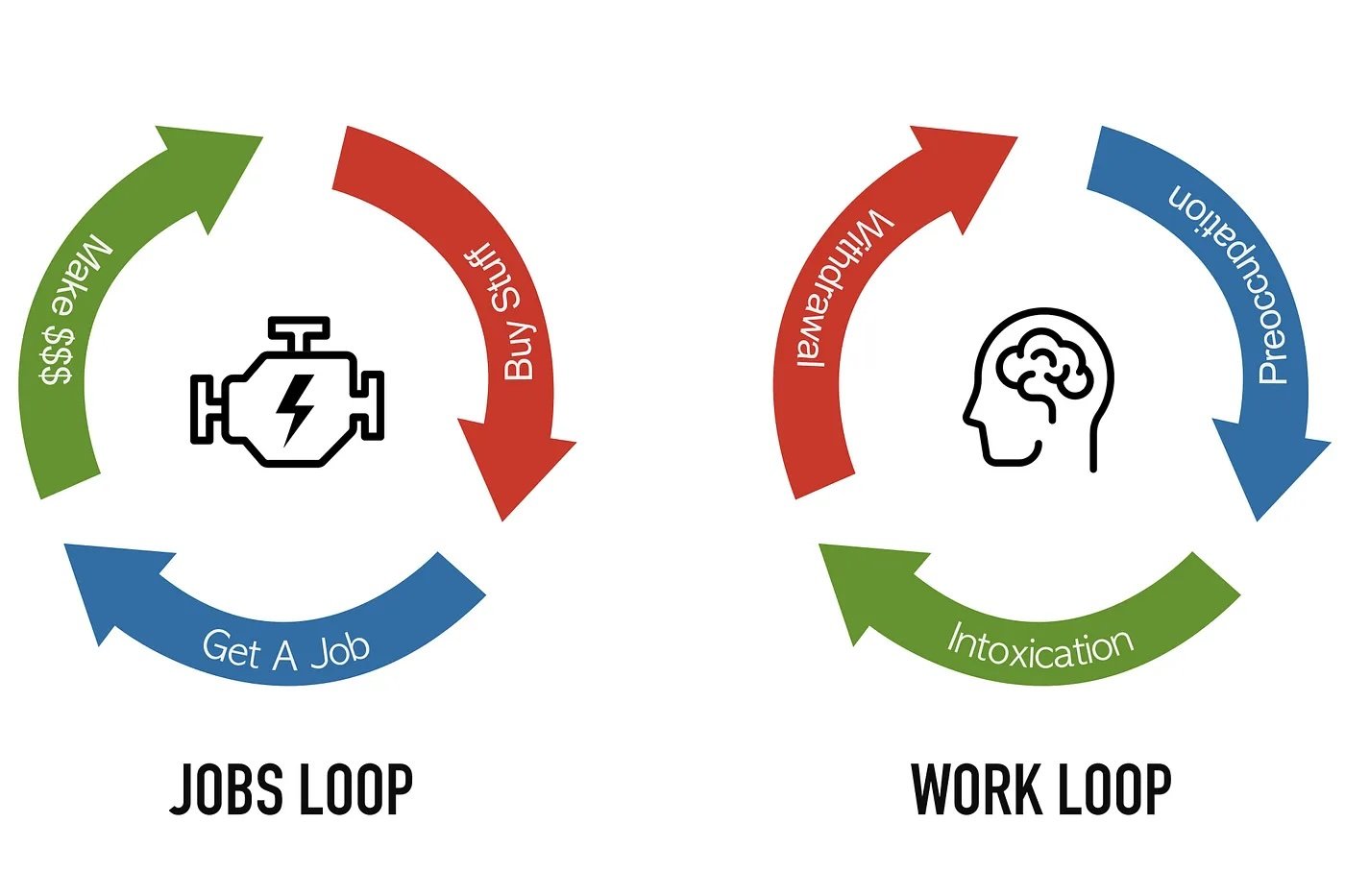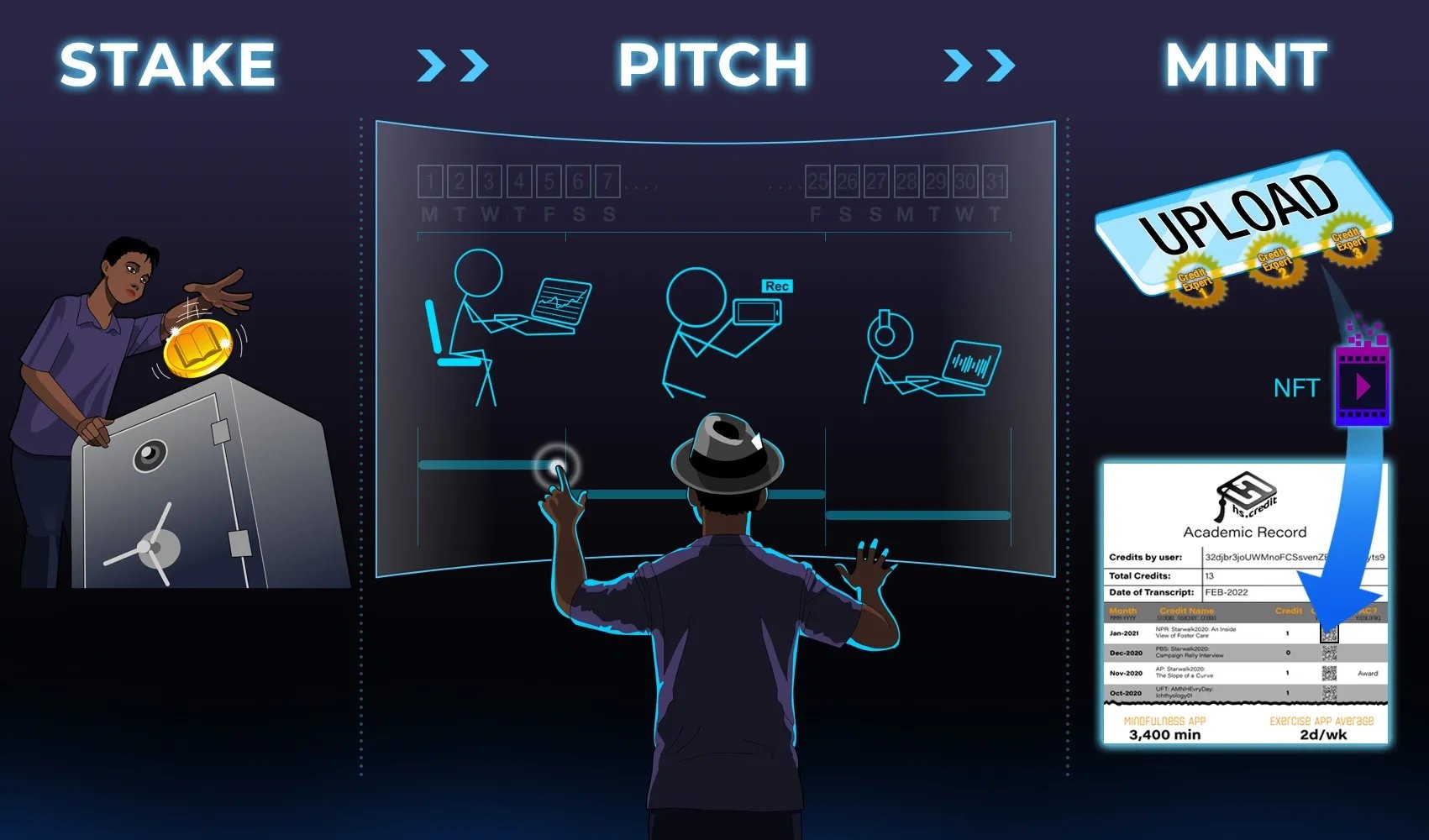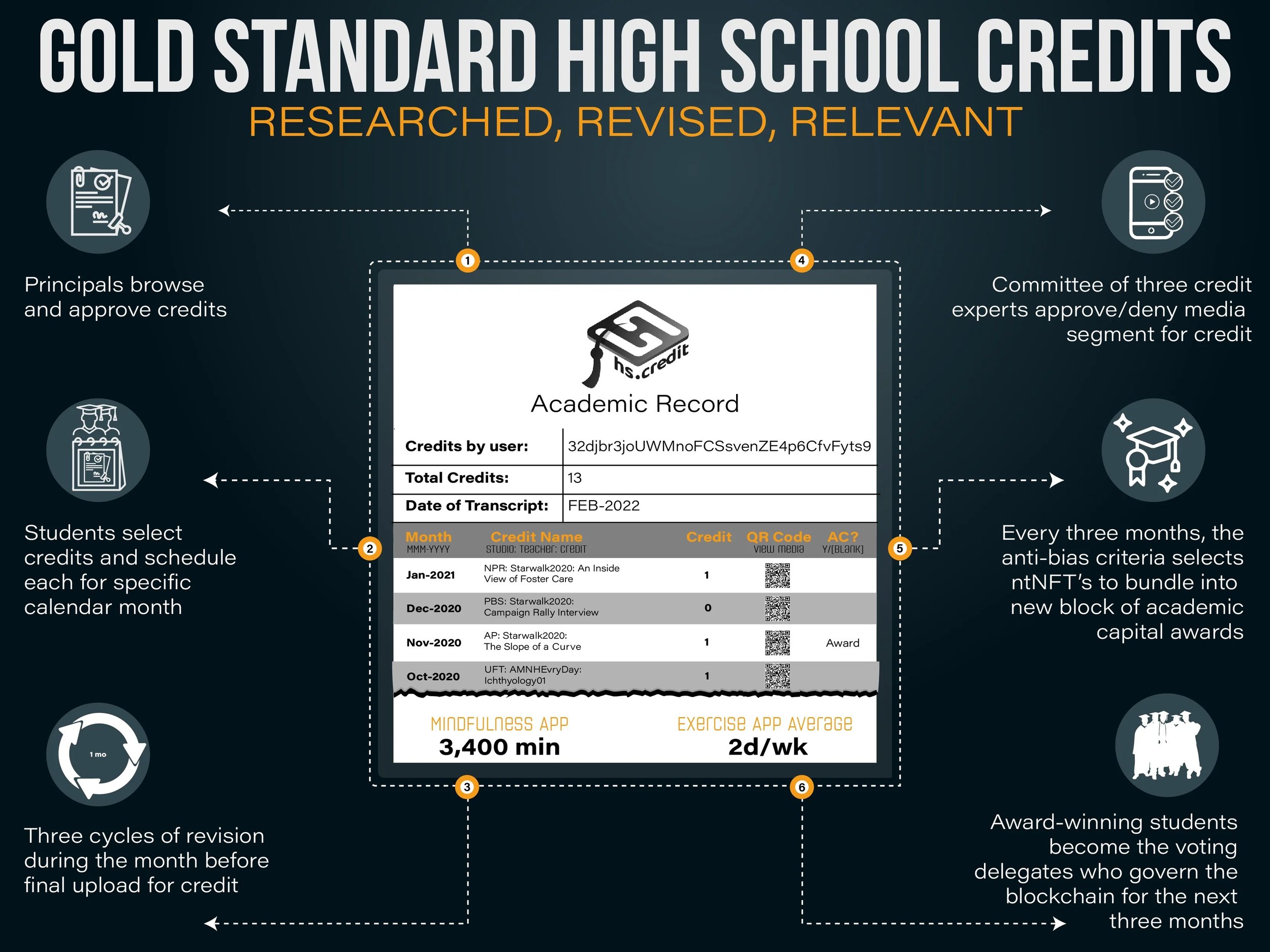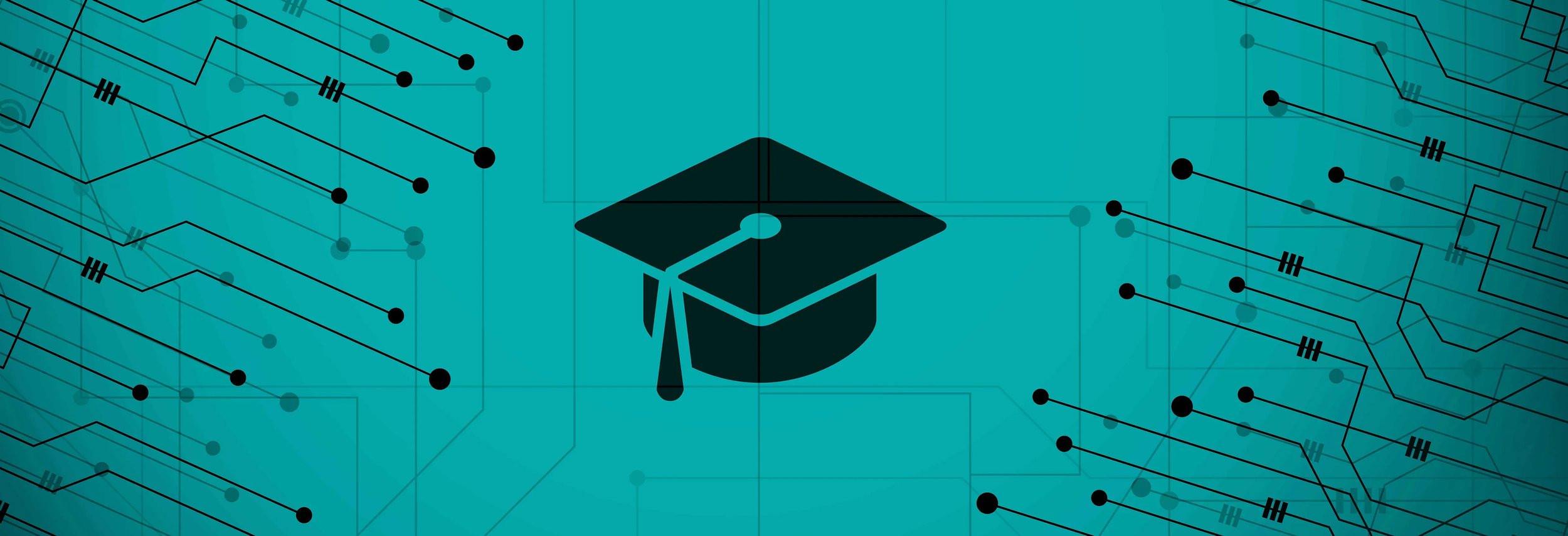Welcome to the hs.credit Blog
Explore the intersection of learning and technology. Discover new ways to empower students. Harness the potential of AI. Prepare for the first period of rapid edu evolution in 150 years.
Let's shape the future together.
Featured Posts
by date of
publication

The Unexpected Power of $5
hs.credit, a platform set to transform high school education, is seeking your support. A $5 donation is not just about the money; it provides valuable data, social proof, and helps create a sustainable funding model. Your contribution is an investment in the future of education and helps unlock the full potential of every student.

hs.credit: Where Students Become Creators and Educators Become Curators
hs.credit is a platform for educators to design and publish project-based learning credits for high school students. Students create academic videos and audio content to earn credits, while educators get paid to evaluate their work. The platform aims to offer diverse and relevant topics not typically taught in schools, including finance, social media, and internships.

From Standardized Tests to Student-Created Media
If we distinguish the regime of standardization from the practice of normalization, light is shed on quality educational data. This distinction can at first feel cloudy to educators since in a teacher’s daily practice, these ideals are not neatly differentiated. For example, in order for teachers to grade standardized tests, they must learn to normalize grading practice. Below I offer specific implementation details for systems driven by normalization at the school district, individual school, and even at the level of student-to-student incentives toward greater critical thinking.

A Response to Current Trends in the Human-Digital Interface
When you have spent time thinking as a “system thinker,” you have certainly concluded that education is a high leverage tool for social impact. I grew up in Chicago where it was rumored that the downtown “Loop” was originally designed with all the corporate rents in the skyscrapers paid to the department of education. This is a similar proposal: fund a basic income for top high school graduates with new cash coming into circulation appearing in their digital wallets monthly.







